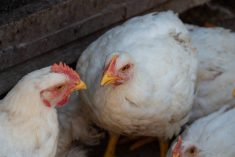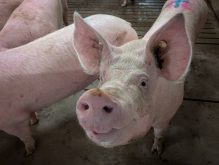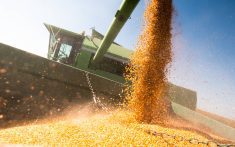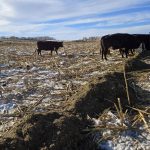Moscow | Reuters — Russia will allow imports from neighbouring Belarus and Kazakhstan of food processed from Western raw materials, as Moscow seeks to damp down domestic food price rises triggered by its ban on food imports from the West.
On Aug. 7, Russia banned all meat, fish, dairy, fruit and vegetable imports from the U.S., the European Union, Norway, Canada, and Australia for one year to retaliate against Western sanctions on Moscow over the Ukraine crisis.
However, the government has struggled to control price rises as some 50 per cent of Russian consumption of fish, milk, beef and cheese had been previously met by imports.
Read Also
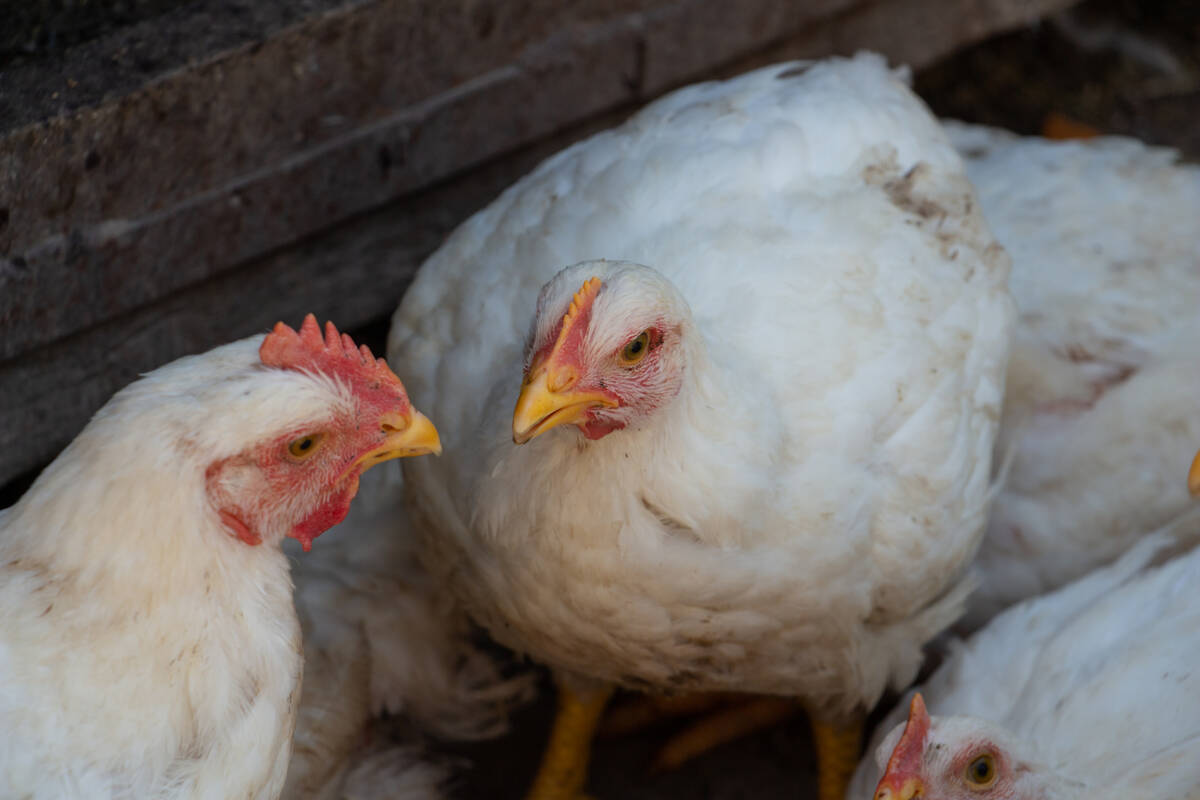
Chicken, eggs benefit from demand for economical protein
Strong demand for protein and status as an economical alternative to beef bodes well for chicken and egg demand in 2026 according to recent analysis from Farm Credit Canada.
“Our Customs Union colleagues can win in this situation because some products, which were previously coming to us directly, will be processed there,” Russian news agencies quoted Deputy Prime Minister Arkady Dvorkovich as saying.
A duty-free Customs Union was set up this year by Russia, Kazakhstan and Belarus to boost economic ties and trade.
Russian Prime Minister Dmitry Medvedev said on Monday he hoped Western food import bans would not last too long.
Belarus and Kazakhstan said they will continue to import food banned by Russia but Minsk has said it will make sure sanctioned goods do not cross into Russia.
However, since Moscow announced the bans some traders have been looking for ways to sidestep them.
Last year, Russia imported $17.2 billion worth of food from the countries covered by the sanctions, of which $9.2 billion was in the affected categories, according to the International Trade Centre, a joint venture of the United Nations and World Trade Organization (all figures US$).
— Reporting for Reuters by Dmitry Zhdannikov and Polina Devitt from Moscow.


